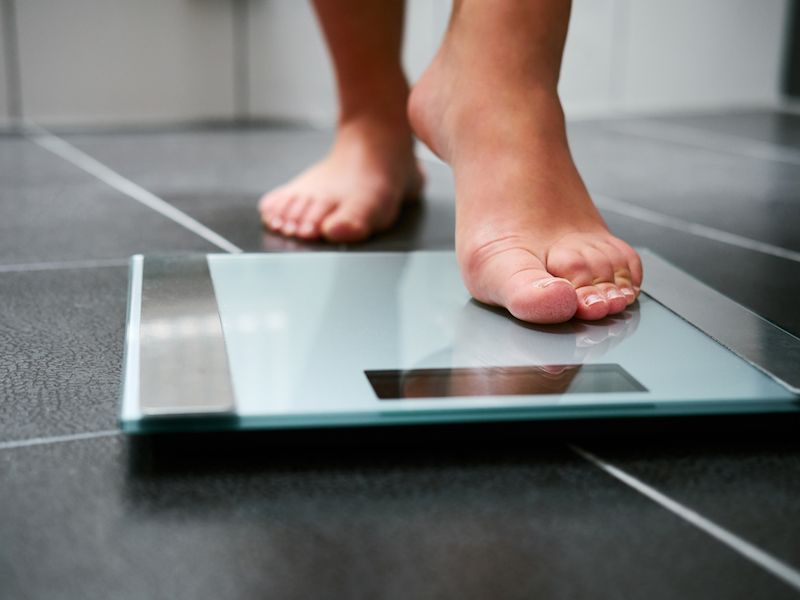
We’ve known for a long time that overeating is harmful to our health, this is especially true over time. Obesity is associated with quite a few health issues. Heart disease, high cholesterol, diabetes, and you can put hearing on the list, as well. It’s calculated that about 48 million individuals in the U . S ., loss of hearing is an obstacle for around 20% of the U.S population, and in adults it’s nearly twice that number, 93 million, are obese. These figures are surprising and point to a significant health issue throughout the country.
What is The Connection Between Loss of Hearing And Obesity?
Several studies have revealed that there’s a connection between obesity and hearing loss. Although scientists are still researching the link, it’s thought that loss of hearing and obesity have a relationship because the circulatory system is affected. Also, loss of hearing is related to diabetes and high blood pressure which are recognized to be linked to obesity.
Sound in the ear is detected by little hairs in the inner ear. These hairs, called stereocilia, need a steady blood flow and oxygen to work properly. Obesity restricts the blood flow throughout the body because the heart must work harder to get the blood flowing around the body, which means that your inner ear is functioning on too little blood flow. The ears can be permanently harmed in this way. Heart disease, high blood pressure, and diabetes affect the inner ear in the same manner, because each of these diseases adversely effects your blood flow.
Keeping your weight in check is especially important as you get older since age-related hearing loss and high-fat mass index are also connected. Your body’s metabolism can’t work as fast or as well as it once did, which is why you should attempt to form healthy habits when you’re younger and stay with those habits as the years go by.
Good nutrition and exercise are excellent for your overall health and your hearing.
Obesity Related Hearing Loss Treatments
It’s possible that you may not be able to recover your lost hearing if it’s triggered by obesity, nevertheless, it’s always smart to have your hearing screened to identify the magnitude of your hearing loss. If the injury is permanent, you may need a hearing aid or other device to begin hearing properly again.
If the injury is not that severe, you might have considered trying to consult your physician before your health gets worse, about developing a diet and exercise plan to minimize the impact your weight has on your well being. Your doctor should recommend a cardio intensive exercise regimen that will get your blood pumping and improve your overall health. There will be, most likely, other improvements in your life also, such as mental health, since regular exercise has been shown to reduce depression.
How Can You Avoid Obesity-Related Hearing Loss
diabetes, heart disease, and high blood pressure Your hearing will certainly be kept in better shape if you keep your body healthy. A strategy that can help you attain your goals and that is individualized for you can be developed by a nutritionist. The job of the nutritionist is to make certain you’re eating nutritious foods with the correct mix of nutrients, foods that are high in iron, for example, because of course, a lack of iron in your diet can result in tinnitus and cause loss of hearing.
Learn more about hearing loss and how you can hear better with the appropriate treatment method.